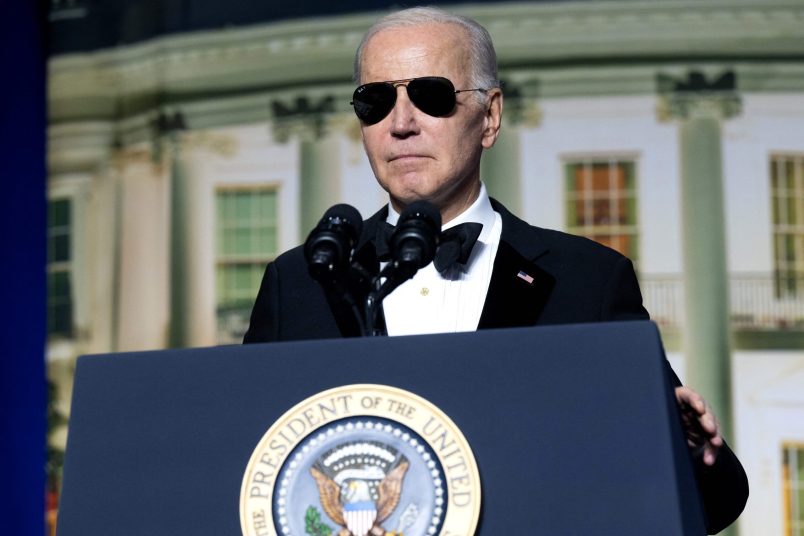As I’ve noted in running posts over the last day or so, there’s still no deal. So we need to be tentative in any analysis of how this “deal” happened since it hasn’t happened. But assuming it does come together, how did we get here? How did Biden get this deal?
Big picture: I don’t have a terribly good answer. But my best guess is that some combination of the following two things got us here.
Factor 1: Over the last couple weeks Republicans several times walked away from the negotiations, complained Biden was refusing to be reasonable or make necessary compromises and then came back to the negotiations. I get the sense that Biden simply kept saying no to the demands.
Factor 2: Combined with Factor 1, McCarthy likely realized there was no way for him to get a deal which relied on Freedom Caucus votes. Their demands were so great that they couldn’t get Biden’s approval and quite likely couldn’t pass in the Senate. Related to that, as we saw in January, the Freedom Caucus folks have a habit of refusing to vote even for their own deals or bills that include their own demands. Most of the Freedom Caucus isn’t enough. A Freedom Caucus-approved deal would basically need to get all of them since McCarthy only has a four-vote majority. Once that’s ruled out, he would need a deal that relied on some significant number of Democratic votes. That’s a significantly different deal. And that’s how you end up here. He cuts this deal with Biden and Biden assures him he’ll bring enough Democratic votes to get it passed.
There are a lot of problems with this explanation. But if this does end up being the deal I don’t know a better explanation.
TPM Reader PT wrote in this evening to say that his assumption is that Biden told McCarthy or convinced McCarthy that he was ready to do some debt-ceiling end run if House Republicans held out — 14th Amendment, statutory construction saying the debt ceiling law is invalid, consol bonds, who knows. I would like to believe that’s true. Because I think that’s what Biden should have done. That explanation also provides a convincing explanation of how you get to this outcome. The problem is there’s just no good evidence Biden was making that threat or was willing to act on it. And there’s quite a lot of evidence that he wasn’t. That doesn’t mean it couldn’t have happened. Maybe it did. I simply see no evidence for it. Which keeps me focused on the two factors above.
Some of you might be saying, maybe the answer is that this isn’t as good a deal as you think? Maybe. But the tell to me is that I’ve either spoken to or seen responses from the Democrats who are most inclined to see the policy particulars of a deal in the worst light. And they all seem to be saying this is better than they expected. I’m not saying they like it. But they are generally saying it’s workable. As David Dayen puts it here, “If you’re the White House this is a salable deal. That =/= a good deal, but they can sell it.”






